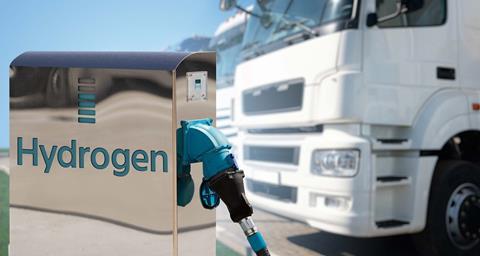The state government of North Rhine-Westphalia (NRW), Germany, has allocated €20 million ($21.85 million) to five companies for the establishment of seven new hydrogen refuelling stations (HRSs) designated for trucks.

Each recipient will receive an average of €2.85 million in funding, with the requirement that they contribute at least 30% of the capital costs from their own resources. The aim is to ensure that each HRS has a daily refuelling capacity of at least 1,000kg, which will later be expanded to 2,000kg. Additionally, it is mandated that at least 50% of the dispensed hydrogen must be sourced from renewable sources by 2027, reaching 100% renewable by 2029, in line with federal government regulations.
North Rhine-Westphalia, being a significant industrial region, currently hosts eight existing HRSs for trucks. The expansion of this infrastructure is considered vital for the region’s logistics sector, particularly in cities like Cologne, Dortmund, Dusseldorf, Bonn, Essen, and Duisburg.
Mona Neubaur, NRW’s economics and climate minister, emphasised the necessity of a robust hydrogen filling station network to facilitate emission-free heavy goods traffic. She highlighted the advantages of hydrogen trucks, such as long ranges and short refueling times, in maintaining the competitiveness of logistics companies and freight forwarders.
The funding recipients and the locations of their respective HRSs are as follows:
- Air Products (Duisburg and Meckenheim)
- E.ON (Essen)
- H2 Mobility Deutschland (Bielefeld)
- Krimphoff & Schulte (Rheine)
- Mint Hydrogen Germany (Hagen and Lippstadt)
Commissioning of these stations is expected within two years, with a requirement for operational availability for at least six years.
North Rhine-Westphalia aims to have approximately 200 HRSs by 2030. Currently, there are 18 operational stations, with two more under construction. This initiative aligns with the EU’s Alternative Fuels Infrastructure Regulation, which mandates the installation of hydrogen refueling stations for heavy-duty and light vehicles along core transportation routes and in urban centres by 2030.


















